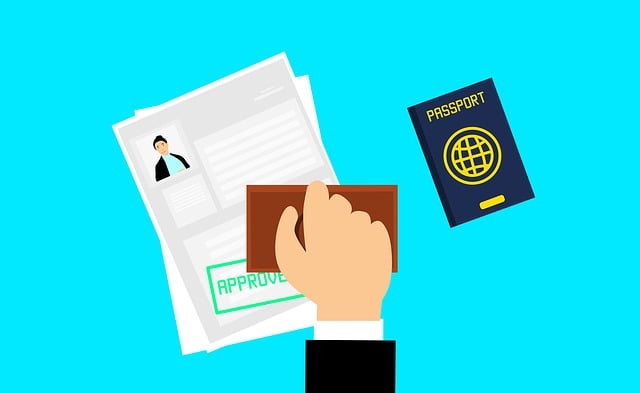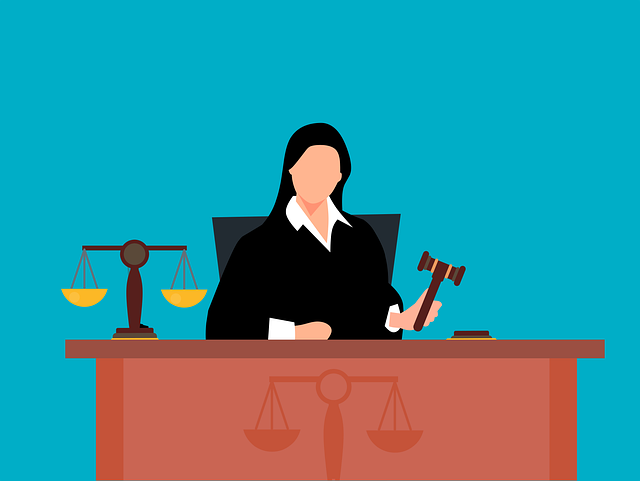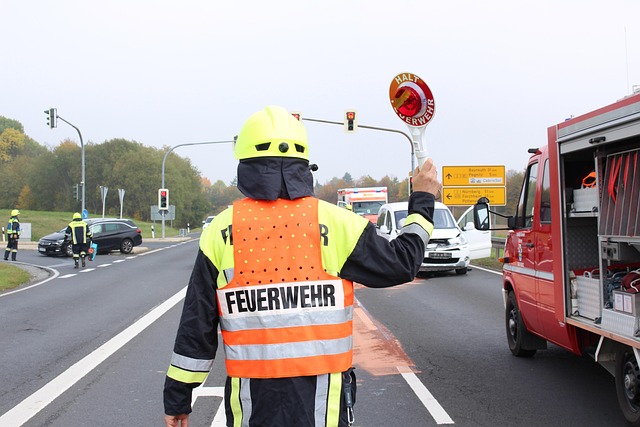The "Dog Bite Premises Liability" section explores legal responsibilities of property owners regarding dog safety, holding them accountable if their dogs cause harm through a concept known as premises liability. This liability isn't just about the dog's danger but also owner control and disclosure efforts, especially in shared housing where landlords and tenants have specific obligations. When accidents occur, understanding these roles is vital for navigating legal actions under dog bite premises liability laws, with guidance from specialists and strategies like clear pet policies, screening, and swift incident reporting.
In the intricate web of legal responsibilities, dog bite premises liability emerges as a crucial aspect for homeowners, landlords, and shared housing providers. Dog bites can lead to severe physical and emotional trauma, necessitating a deep understanding of who is held accountable in these scenarios. This article delves into the complexities of dog bite law, focusing on premises liability, shared housing arrangements, and the legal implications for protecting tenants and visitors alike. By exploring prevention strategies, it aims to illuminate best practices for minimizing risks and fostering safe environments.
- Dog Bite Law: Understanding Premises Liability
- Shared Housing Arrangements and Dog Bites: Who's Responsible?
- Protecting Tenants and Visitors: Legal Implications and Prevention Strategies
Dog Bite Law: Understanding Premises Liability

Dog Bite Law: Unraveling Premises Liability
In the context of dog bite premises liability, understanding the legal responsibilities of property owners is paramount. When a dog owned or harbored by a property owner causes harm to a visitor or resident, the law imposes certain duties and potential liabilities. This area of law centers around the concept that property owners have a duty to ensure their premises are safe for those who enter, whether as guests, tenants, or even passersby.
Premises liability in dog bite cases means holding the owner accountable if their canine causes injuries due to inadequate control or lack of warning. It’s not just about having a ‘dangerous’ dog; it’s about how the property owner manages and discloses potential risks associated with their pet. In scenarios involving shared housing, such as apartments or rental homes, tenants and landlords have distinct obligations regarding dog safety, which can impact accident settlements if an incident occurs. A truck accident attorney or car accident injuries specialist may be involved in cases where dog bites lead to severe consequences on the road, further emphasizing the need for property owners to meet their legal duties regarding canine control and disclosure.
Shared Housing Arrangements and Dog Bites: Who's Responsible?

In shared housing scenarios, dog bite premises liability becomes a complex issue. When multiple occupants or landlords are involved, determining responsibility for a dog-related injury can be challenging. In such cases, it’s crucial to understand that each party may have distinct obligations and potential liabilities. For instance, a landlord responsible for maintaining a safe living environment might face claims if they knew or should have known about the dog’s aggressive tendencies but failed to warn tenants or take necessary precautions.
On the other hand, tenants also play a role in ensuring their shared space is secure. This includes reporting any known or observed dangerous behavior from the dog and adhering to any established rules or restrictions regarding pets on the premises. In cases where property damage claims or even auto accident injuries related to dog bites occur, understanding these responsibilities is essential for navigating potential legal actions under dog bite premises liability laws. A car accident attorney specializing in personal injury and property damage claims can guide individuals through these complex scenarios, ensuring their rights are protected.
Protecting Tenants and Visitors: Legal Implications and Prevention Strategies

Protecting tenants and visitors from dog bites on shared properties is a complex legal issue under dog bite premises liability. Landlords and property managers have a duty of care to ensure the safety of those on their premises, including potential hazards like aggressive dogs. Failure to warn or control a dangerous animal can lead to significant legal implications, with victims able to seek compensation for injuries through dog bite premises liability claims.
Prevention strategies are key to mitigating risks. This includes implementing clear pet policies in rental agreements, thoroughly screening prospective tenants who own dogs, and requiring proof of proper training and vaccinations. Regular communication with dog owners about responsible pet ownership is crucial. Additionally, maintaining secure fencing and restricting access to common areas can help deter potential attacks. Should an accident occur, having a well-documented incident report and understanding local laws on animal control are essential steps for resolving contract disputes and managing potential product liability concerns, while also ensuring the swift intervention of an accident lawyer where necessary.
Dog bite premises liability is a complex legal area, especially in shared housing scenarios. As seen, understanding the responsibilities of property owners and landlords is crucial for preventing and mitigating such incidents. By implementing effective prevention strategies and being aware of legal implications, it’s possible to create safer environments for tenants and visitors alike. Remember, knowledge of dog bite law can serve as a powerful tool for holding accountable those who neglect their duties, ultimately reducing the risk of harmful dog bites.






